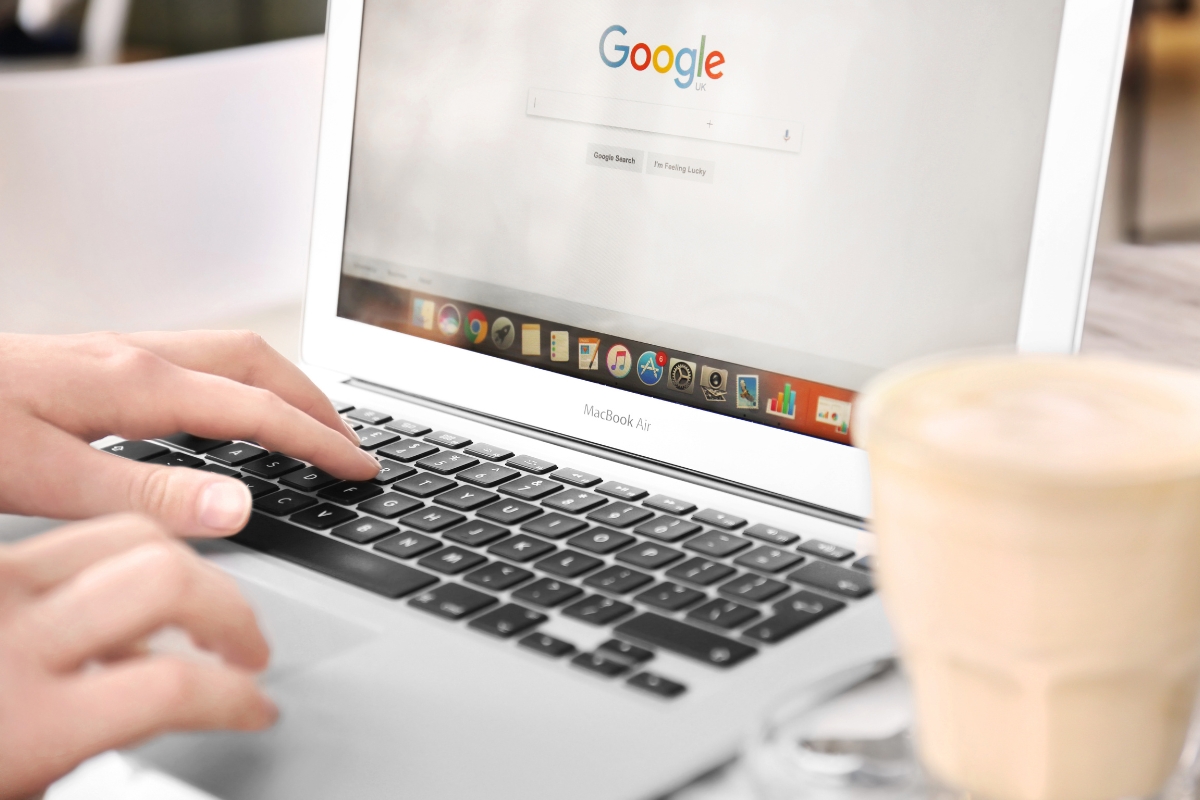I/O versus io: Google and OpenAI can't stop messing with each other
The leaders of OpenAI and Google have been living rent-free in each other’s heads since ChatGPT caught the world by storm. Heading into this week’s I/O, Googlers were on edge about whether would try to upstage their show like last year, when OpenAI held an event the day before to showcase ChatGPT’s advanced voice mode.
This time, OpenAI dropped its bombshell the day after.
OpenAI buying the “io” hardware division of design studio, LoveFrom, is a delightfully petty bit of SEO sabotage, though I’m told the name stands for “input output” and was decided a while ago. Even still, the news of Ive and Altman teaming up quickly shifted the conversation away from what was a strong showing from Google at this year’s I/O. The dueling announcements say a lot about what are arguably the world’s two foremost AI companies: Google’s models may be technically superior and more widely deployed, but OpenAI is kicking everyone’s ass at capturing mindshare and buzz.
Speaking of buzz, it’s worth looking past the headlines to what OpenAI actually announced this week: it’s paying $6.5 billion in equity to hire roughly 55 people from LoveFrom, including ex-Apple design leaders , , and . They’ll report to , a veteran OpenAI product leader who reports directly to Altman. The rest of LoveFrom’s designers, including legends like , are staying put with Ive, who is currently designing the first-ever electric Ferrari and advising the man who introduced him to Altman, Airbnb CEO . OpenAI’s press release says Ive and LoveFrom “will assume deep design and creative responsibilities across OpenAI.”
When LoveFrom’s existing client work is wrapped up, Ive and his design team plan to focus solely on OpenAI while staying independent. OpenAI, meanwhile, already has open “future of computing” roles for others to join the io team it brought over. One job listing for a senior research engineer says the ideal candidate has already “spent time in the weeds teaching models to speak and perceive.” (Total compensation: $460K to $555K plus equity.)
The rough timeline that led up to this moment goes as follows: Altman and Ive met two years ago and decided to officially work on hardware together this time last year. The io division was set up at LoveFrom to work with a small group of OpenAI employees. OpenAI and invested in the effort toward the end of 2024, when there were quiet talks of raising hundreds of millions of dollars to make it a fully standalone company. (The OpenAI startup fund, which is bizarrely not owned by OpenAI, also invested around this time.)
Importantly, Ive ended his consulting relationship with Apple in 2022, the year before he met Altman. That deal was highly lucrative for Ive, but kept him from working on products that could compete with Apple’s. Now, Ive and Altman are teaming up to announce what I expect to be a voice-first AI device later next year.
Early prototypes of the device exist (Altman mentioned taking one home in his promo video with Ive). Altman told OpenAI employees this week that it will be able to sit on a desk or be carried around. Supply chain rumors suggest it will be roughly the size of an iPod Shuffle and also be worn like a necklace.
Like just about every other big hardware company, Ive and Altman have also been working on AI earbuds. Altman is set on bundling hardware as an upsell for ChatGPT subscriptions and envisions a suite of AI-first products that help lessen the company’s reliance on Apple and Google for distribution. With his Apple relationship in the rear-view mirror, Ive now seems set on unseating the company he helped build.
Google, meanwhile, was firing on all cylinders this week. AI Mode in Google Search is being rolled out widely. Its product strategy is still disjointed compared to OpenAI’s, but it’s starting to leverage the immense amount of personal data it has on people to differentiate what Gemini can do. If Gemini can hook into Gmail, Workspace, YouTube, etc., in a way that people want to use, it will likely keep many people from shifting to ChatGPT — just like Meta did to Snapchat with Stories in Instagram.
After meeting with Google employees up and down the org chart, I came away from I/O with the feeling that the company doesn’t see a catastrophe on the horizon like a lot of outsiders. There’s a recognition that the ability to buy out distribution for search on Apple devices is probably coming to a close, but Gemini is approaching 500 million monthly users.
ChatGPT is undoubtedly eating into search (it’s impossible to get Google execs to comment on the actual health of query volume), but Google has shown a willingness to modernize search faster than I expected. The situation differs from Apple, which isn’t competitive in the model race and is suffering from the kind of political infighting that Google mostly worked through over the last couple of years.
There’s also no question that Google is well-positioned to continue leading on the frontier of model development. The latest Gemini models are very good, and Google is clearly positioning its AI for a post-phone world with Project Astra. The company also has the compute to roll out tools like the impressive new Veo video model, while OpenAI’s Sora remains heavily gated due to GPU constraints.
It’s still quite possible that ChatGPT’s growth continues unabated while Gemini struggles to become a household name. That would be a generational shift in how people use technology that would hurt Google’s business over the long term. For now, though, it looks like Google might be okay.
- Stephen Deadman, Meta’s VP of data protection in Europe, is leaving due to “structural changes.”
More to click on:
As always, I welcome your feedback, especially if you have thoughts on this issue, an opinion about stackable simulations, or a story idea to share. You can respond here or ping me securely on Signal.
Thanks for subscribing.











